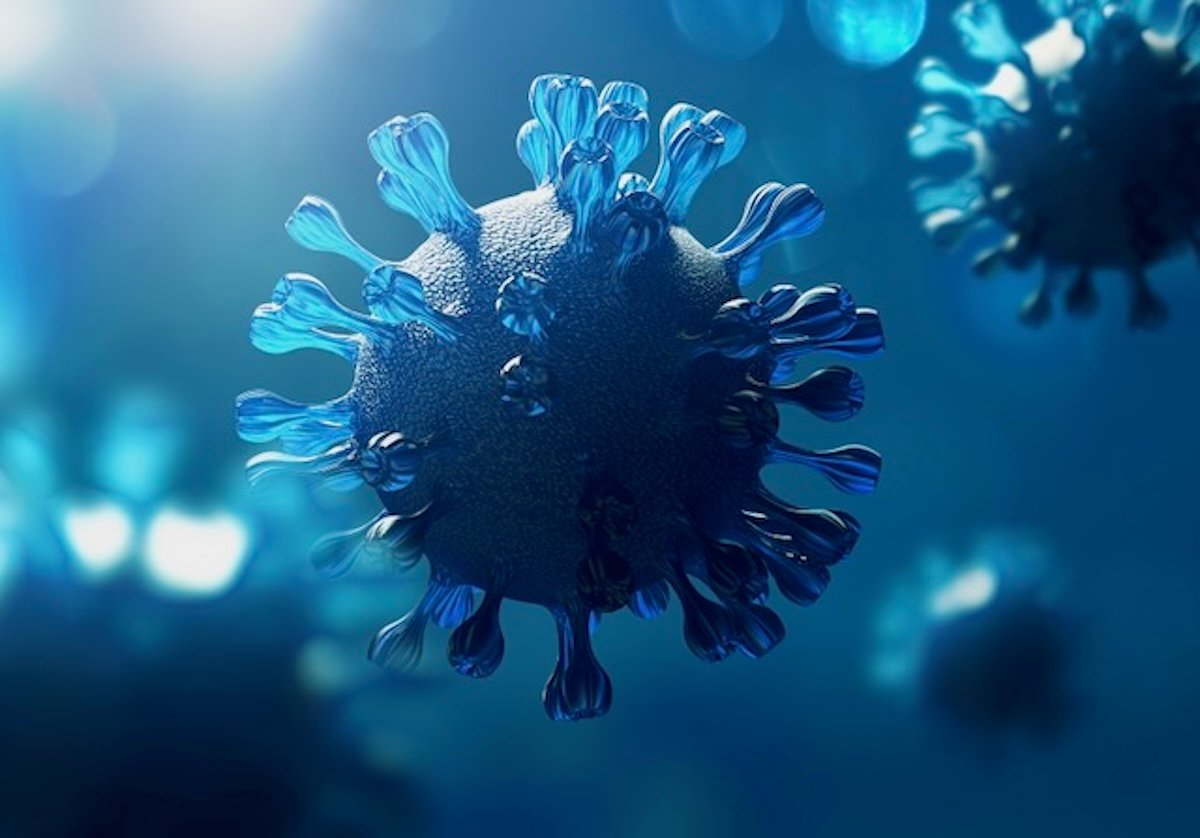
A new AI can help identify women at higher risk for developing breast cancer by tracking changes in breast tissue, a new study shows. The AI compares women’s own mammograms over time, looking for early signs of breast cancer that are tough to see even by a well-trained specialist, researchers said. “Our new method is… read on > read on >


















